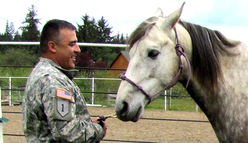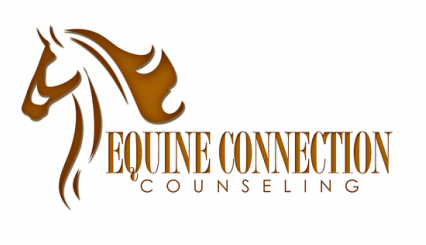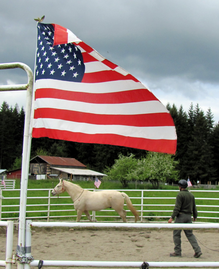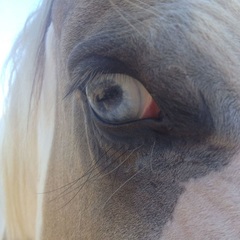
By watching Jake and the other horses interact and with the help of his counselor, Bill was able to identify strategies that he could utilize to feel at ease in the world again. He began to understand that although he would never be the same person as he was before enlisting, he could find his new normal. As Bill began to feel more and more connected to Jake, he noticed that his desire to connect with his wife and daughter was reignited. Bill began to reach out to friends and family members who he felt had abandoned him. Today Bill feels like himself. Bill now coaches his daughter’s softball team, goes to karaoke with his coworkers, and has become a mentor for other veterans.
These veterans are in need of care that is affordable, accessible, and administered in low-stigma settings. It is estimated that at least 30% of Iraq and Afghanistan veterans alone suffer from PTSD, depression, or traumatic brain injury. In addition, approximately 22 veterans a day commit suicide. Many of these individuals go untreated or drop out of treatment prematurely. At ECC, we have found that our clients feel more at ease in our tranquil outdoor setting and are motivated to attend counseling making our dropout rate much lower than other forms of therapy.



 RSS Feed
RSS Feed
